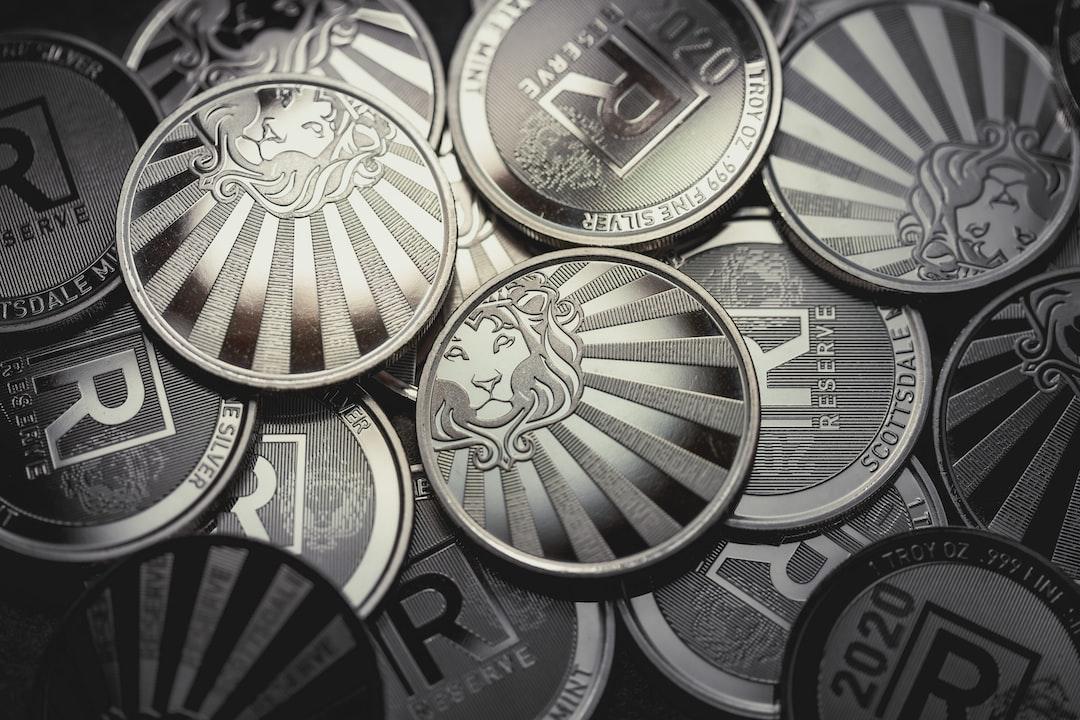In this week’s newsletter, discover McDonald’s latest venture into the metaverse with the launch of “My Happy Place” in Singapore, and learn about South Korean regulators’ classification of non-fungible tokens (NFTs) as virtual assets. Additionally, read about the recent charges brought against NFT scammers in the United States and how Bitcoin-based collectibles contributed to a surge in NFT sales volumes.
McDonald’s “My Happy Place” metaverse has made its debut in Singapore, offering users the opportunity to create virtual burgers and partake in various activities. Developed in partnership with Bandwagon Labs, this interactive virtual environment focuses on creativity and daily rewards, utilizing Web3 technologies such as the crypto wallet MetaMask and providing token-gated activities and digital collectibles. Clarence Chan, the founder of Bandwagon Labs, emphasized the importance of tangible rewards and user interaction to enhance fan engagement in the metaverse experience.
In South Korea, the Financial Services Commission (FSC) has outlined clear guidelines for the classification of NFTs as virtual assets. NFTs that lack distinct characteristics from virtual assets and are mass-produced, divisible, and usable for payments will fall under this classification. The FSC highlighted that high-volume NFT collections could potentially be used as a form of payment, with each case being evaluated individually. Furthermore, the guidelines state that NFTs could be deemed securities if they meet specific criteria outlined in the country’s Capital Markets Act.
Three individuals associated with the “Evolved Apes” NFT scam are facing charges in the U.S. for wire fraud and money laundering. Mohamed-Amin Atcha, Mohamed Rilaz Waleedh, and Daood Hassan are accused of inflating NFT prices, promising a video game that never materialized, and disappearing with 800 Ether (ETH) valued at approximately $2.7 million in 2021. Despite claims of a game launch, the project quickly collapsed, and Waleedh’s attempt to withdraw funds under false pretenses complicated the case further, with charges carrying a maximum 20-year sentence.
NFT sales experienced a significant increase last week, surging by 18.9% to a total sales volume of $147.3 million. The rise was primarily driven by Bitcoin-based NFTs, which generated almost $49.7 million in sales, followed closely by Ethereum NFTs with $35.6 million in sales. Blockchains such as Polygon, Immutable, and Blast saw double-digit growth, with Blast’s volume skyrocketing over 95% to $4.6 million, driven by crypto influencer NFTs. Additionally, Polygon’s Moon Girl NFTs surged by 643% to nearly $5.8 million, while Immutable’s Guild of Guardians game saw a 22% increase to $7 million in sales.
Thank you for exploring the latest developments in the NFT space with us. Join us again next Wednesday for more updates and insights into this dynamic and evolving industry.

